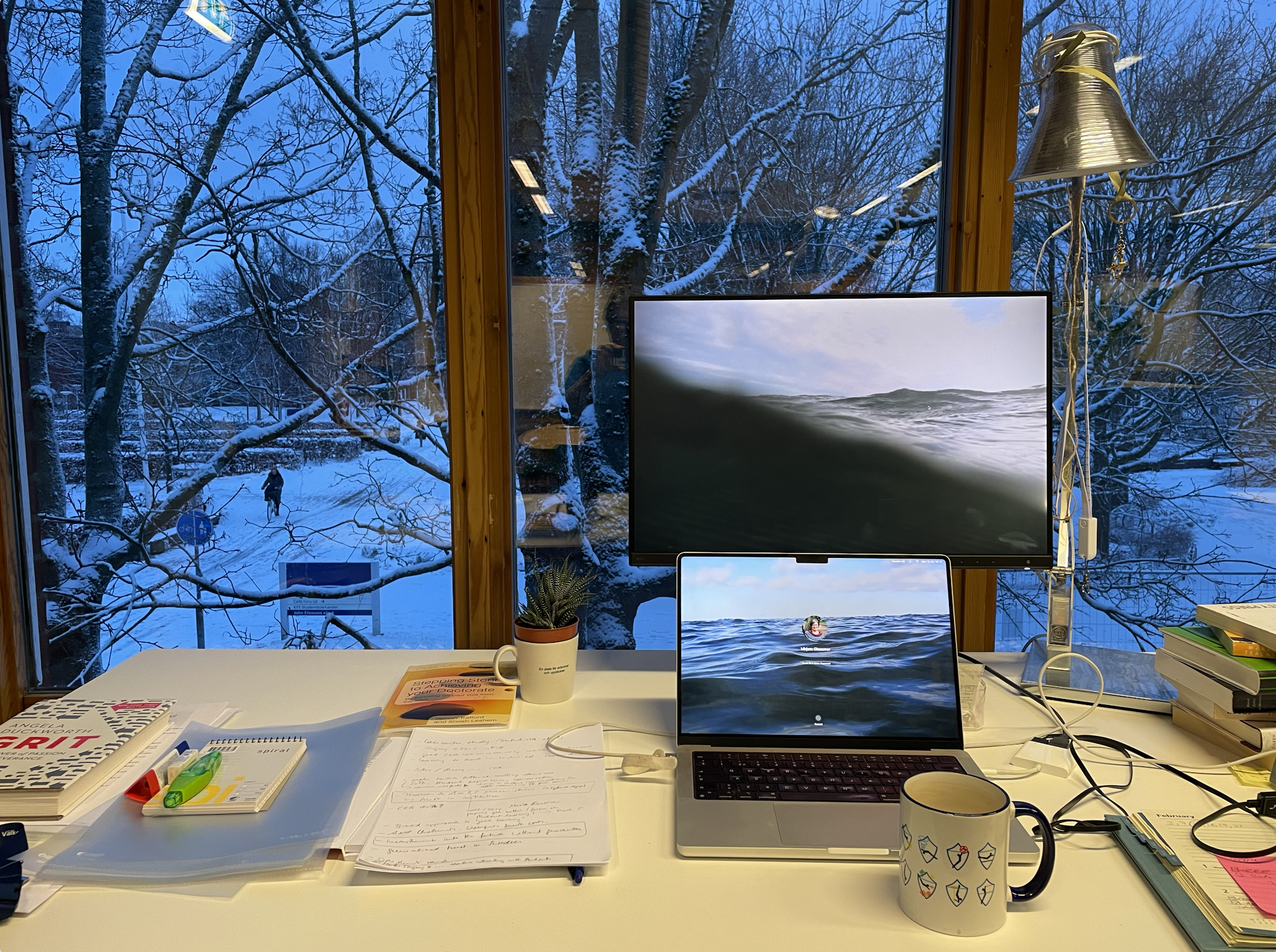
Trust that teachers have in academic development (Little & Green (2002) and others)
Now that my working assumption is that trust is essential for student learning, what about trust that our “students”, i.e. the participants in our academic development workshops, have in us? Does that work in a similar way, or how is it different?
One article that investigates “credibility in educational development” by Little & Green (2022) presents a framework for credibility that I find really interesting. It consists of three main components – trustworthiness, expertise, and identification – which in turn consist of six dimensions: benevolence, integrity, ability, credentials, academic activities, and academic mindset.
- Trustworthiness is a combination of benevolence, integrity, and ability (recognize those three? They are the same ones as in for example Hendriks et al. (2016)).
- Expertise consists of ability (knowledge, skills, competencies that make the academic developer effective in their job) and credentials (like for example academic rank, or a PhD, or a publication record, even in a different field)
- Identification is a combination of credentials, academic activities (are they doing the same job as their peers? Also teaching “real” students and not just “soft” workshops for staff? Also a researcher themselves?) and an academic mindset (so sharing the same typical values, norms, etc as other academics)
The framework was developed to conceptualize how we think about trust in academic development, but it is of course also an interesting tool for reflection or to consider how to actively build trust. I have often experienced how credentials (like having a PhD to be “really qualified”) are really important for credibility in academic development, as sharing academic activities (like teaching in similar settings, so actually having first-hand experience of what it’s like). And I have definitely established expertise through talking about differential equations (which are completely irrelevant for the job at hand, but reassured the other person that I understand the difficulties and uniqueness of the content they are teaching).
But I find it interesting that there are all these aspects at play that don’t seem to be important when we think about why students trust teachers (at least as described in the articles discussed here).
But of course, it’s not just the trust that teachers have in academic development that determines whether or not ideas make it into actual teaching. It’s also the context — if the teachers actually have time to implement new ideas, or if that work is valued and supported by the community around them.
Bolander Laksov (2023) explores partnerships between heads of departments and teachers that have received teaching development grants, and finds that there are three main dimension that determine a project’s success:
- local culture: teaching can happen in an “archipelago of isolated islands”, where teachers own a topic and don’t let anyone else interfere; in “competing teams”, e.g. the old vs young teachers; or in a collegial sounding board, where teachers cooperate and have conversations about their teaching.
- engagement of peers in the project happened either as “enabling participation” by broadly informing and inviting peers, “inviting collaborators strategically”, or “adopting a scholarly approach”.
- legitimacy for educational development through role assignment needs to consider whether a person already has legitimacy in the department through their role or competencies, is positioned or neutral in internal conflicts, and other facets. But the fact that the head of department is assigning the role also helps with legitimacy, especially if the head of department continues showing their support, for example by inviting people to meetings etc.
The conclusions then are not super surprising: Projects work best when the boss is onboard and supports the project through words and actions. But even though that isn’t surprising, it’s definitely helpful to keep in mind when thinking about how to set up sustainable teaching innovation projects!
Bolander Laksov, K. (2023). In partnership with heads of department for sustainable educational development. International Journal for Academic Development, 28(4), 398-410.
Little, D., & Green, D. A. (2022). Credibility in educational development: trustworthiness, expertise, and identification. Higher Education Research & Development, 41(3), 804-819.